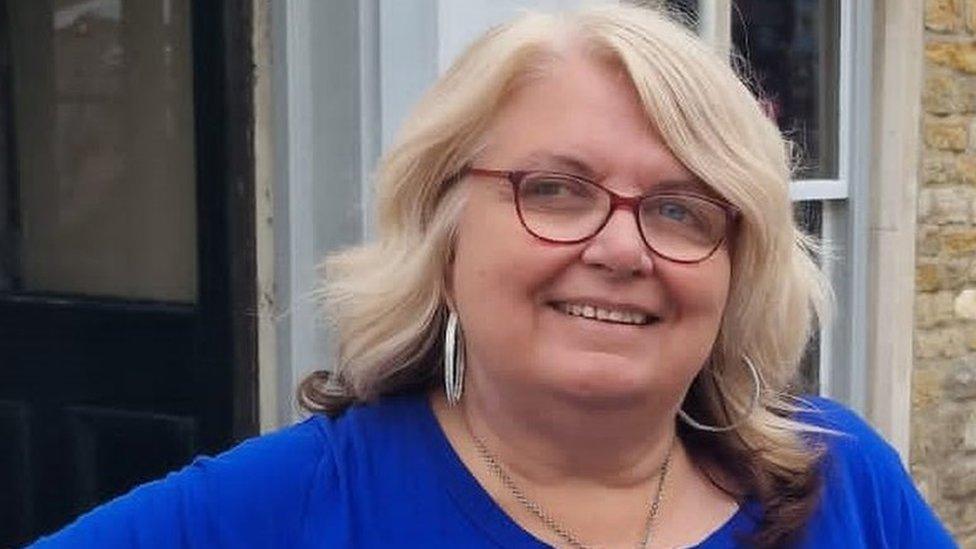Volunteers sought for stroke treatment drug trials

Researchers said the study is open to patients who have had a lacunar ischemic stroke involving the small blood vessels
- Published
Researchers are looking for volunteers to take part in a study to see if two medications could help prevent recurrent strokes and their negative impact on cognitive function.
Royal United Hospitals Bath (RUH Bath) has launched a recruitment drive for isosorbide mononitrate and cilostazol trials – oral medication which may help patients who have had an ischaemic or lacunar stroke, external caused by small vessel disease.
An ischaemic stroke happens when a blockage cuts off the blood supply to part of the brain.
Hayley Stoney, RUH Stroke Research Nurse, said the study has the potential "to make a real difference" to people's "quality of life".
The study is open to patients aged 30 and above who have had a lacunar ischemic stroke involving the small blood vessels who do not have any other active neurological diseases, RUH Bath said.
"A lacunar stroke is quite common, but can still have very serious consequences for people, particularly the way it can affect people's thinking, balance and walking," Ms Stoney said.
"We're really proud to be part of such an important study which has the potential to make a real difference to the quality of life of people who have already had a stroke, and others in the future too."
According to RUH Bath there are no treatments for small vessel disease, therefore the two drugs being used in the study are ones that are currently used for other diseases.
"I would appeal to anyone who could be part of the trial to get in touch and find out more – you will be playing a vital role in shaping the future of treatment for stroke patients," she added.
Those who volunteer for the study will be involved for about 18 months and, after initial assessment, their progress will be tracked through phone calls.
Get in touch
Tell us which stories we should cover in Somerset
Follow BBC Somerset on Facebook, external and X, external. Send your story ideas to us on email or via WhatsApp on 0800 313 4630.
Related topics
- Published28 July 2022
